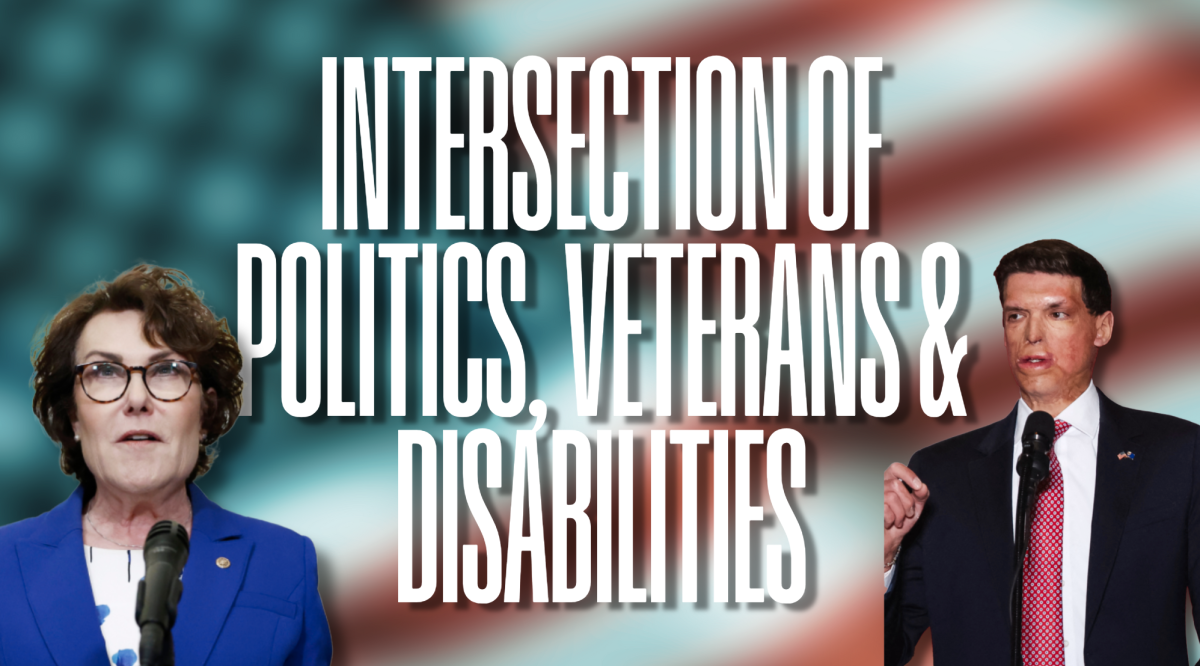Diana Paradise, FCRH ’25, spent the summer researching the motivations and consequences of sexting amongst adolescent sexual minority men. Paradise’s research is a part of Celia Fisher’s, Ph.D., Human Development and Social Justice lab in the psychology department.
Paradise explained that a former Fordham student had previously been interested in sexting research, specifically amongst the population of adolescent girls. After learning about this research, Paradise wanted to take the next step and identify which other populations were suffering the negative consequences from sexting and having risky experiences associated with sexting. “The ultimate goal is to identify protective factors that can allow young, queer teenagers to explore their sexualities without also endangering themselves,” Paradise said.
Paradise identified this specific population of adolescent sexual minority men as being particularly susceptible to the negative effects of sexting. This population experiences negative consequences of sexting that other populations may not necessarily face. For instance, Paradise noted that, “There are a lot of different negative effects, there is a wide range of consequences; they can range from just ‘oh, that made me feel bad about myself’ to ‘I was outed,’ and if you’re a straight person sexting, you don’t experience that consequence.”
Besides these consequences that are specific to this community, sexual minority men are at higher risk for other negative experiences including: sexual extortion, messages forwarded to unintended recipients, threat of legal action with institutions like schools or the adolescent’s parents and transactional sexting (i.e. sexting in exchange for things like money).
Over this summer, Paradise was mostly focusing on participant recruitment. After receiving Institutional Review Board approval, Paradise worked on setting up a sponsored advertisement on Instagram to find participants. After sending the survey out, Paradise continually monitored the survey and went through the responses to determine whether or not the participants were legitimate by validating their ages and checking that their location matched with their zip code. Paradise also had to work on determining problem spots within the survey itself; for example, the phrasing for certain questions had to be reworked so that the participants understood what Paradise was asking. Paradise’s questions ranged from frequency of sexting, platforms participants used, whether or not they were sexting with someone they knew and motivations for sexting. “We were just trying to get as clear a picture as we could of their whole experience,” Paradise said.
After spending the summer working on participant recruitment, Paradise is now focused on going through the data to determine which responses can be used for analyses. Once this is completed, Paradise will start drafting paragraphs and manuscripts for when they choose to submit their research to a publication. One of the key parts of the data that Paradise is most interested in analyzing is sexual identity development.
“My hypothesis is that sexual exploration will sort of mediate the relationship between number of sexting partners and frequency of sexting and negative consequences because one of the big ways that sexting can benefit youth is through sexual exploration, especially for queer youth who don’t have as many opportunities to do this in person,” Paradise said. They think that these positive consequences of discovering more about one’s sexuality could buffer some of the negative consequences of engaging in sexting.
Doing this research validated Paradise’s ultimate career goal of becoming a sex therapist and reaffirming that they can work with sexuality and help people in this area of their lives.
“I’ve always been interested in researching sexuality, and that has only grown… it makes me feel like this is something that I’m good at, something that I can do, something that me doing would be worthwhile and would help the world and would help vulnerable populations,” Paradise said.













































































































































































































